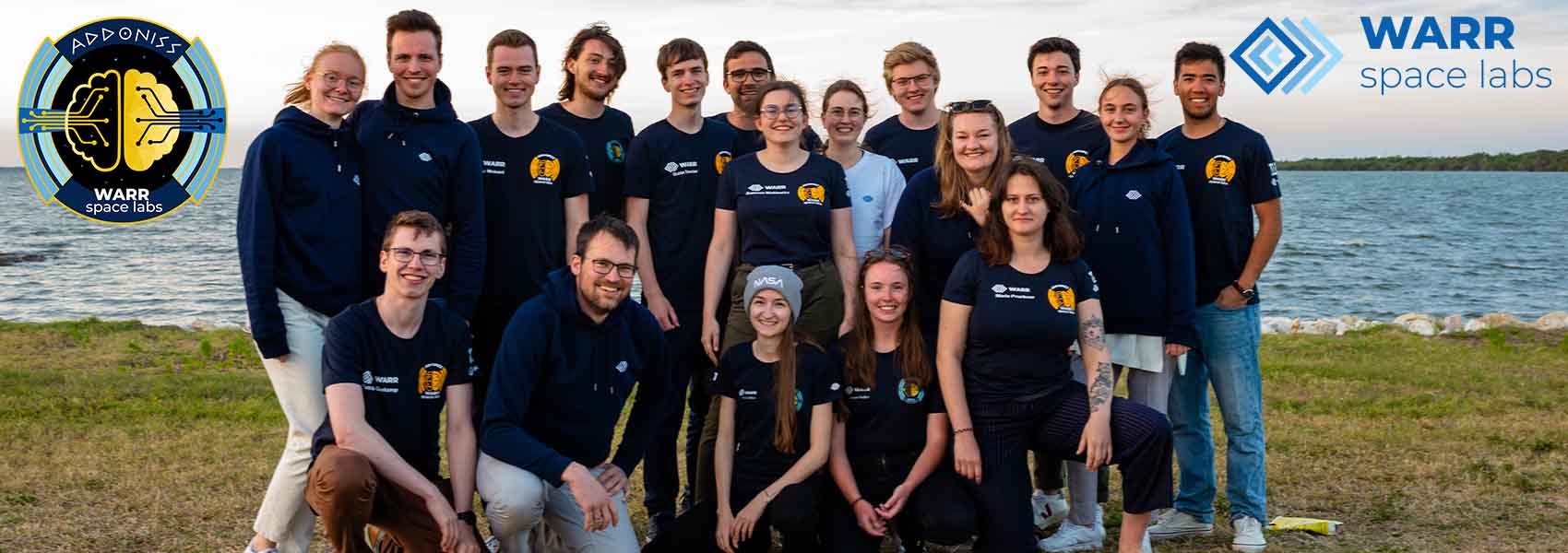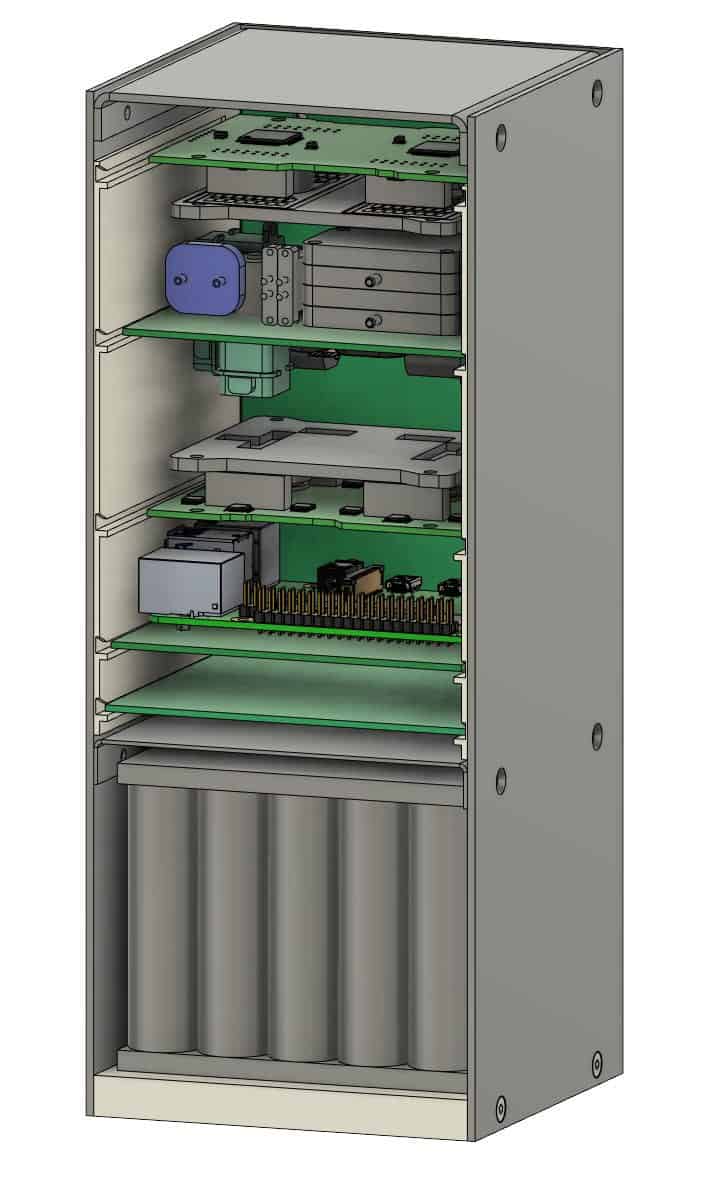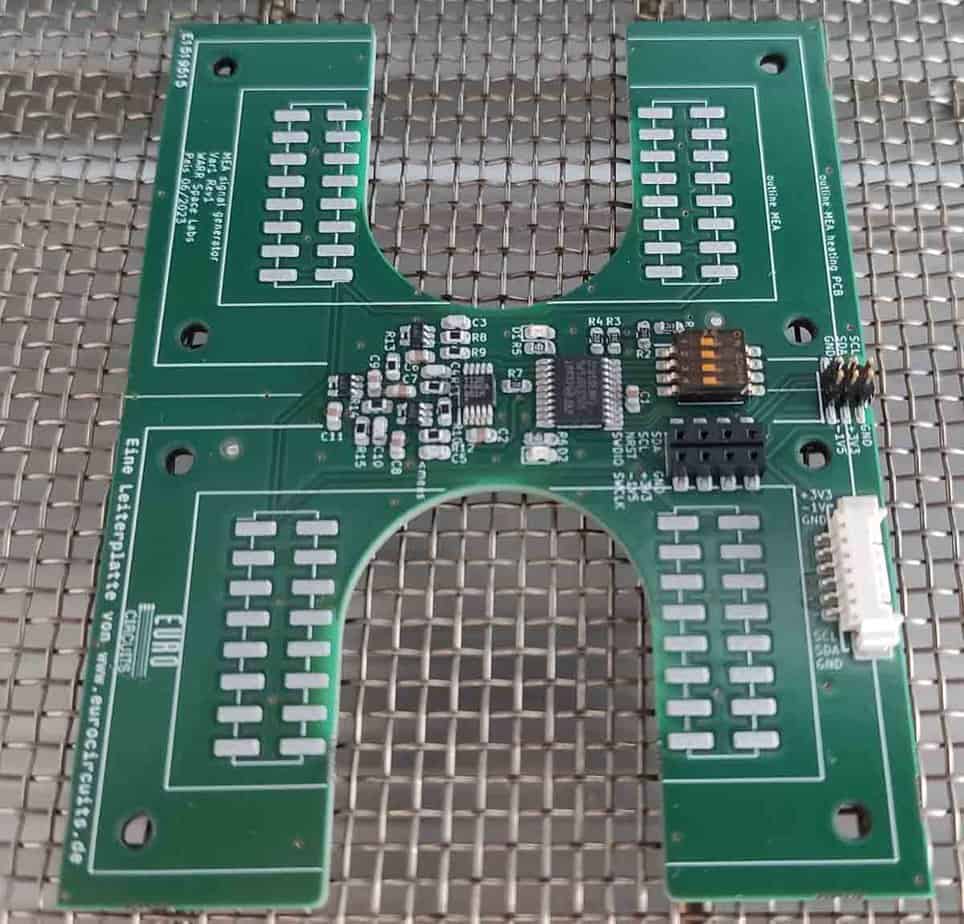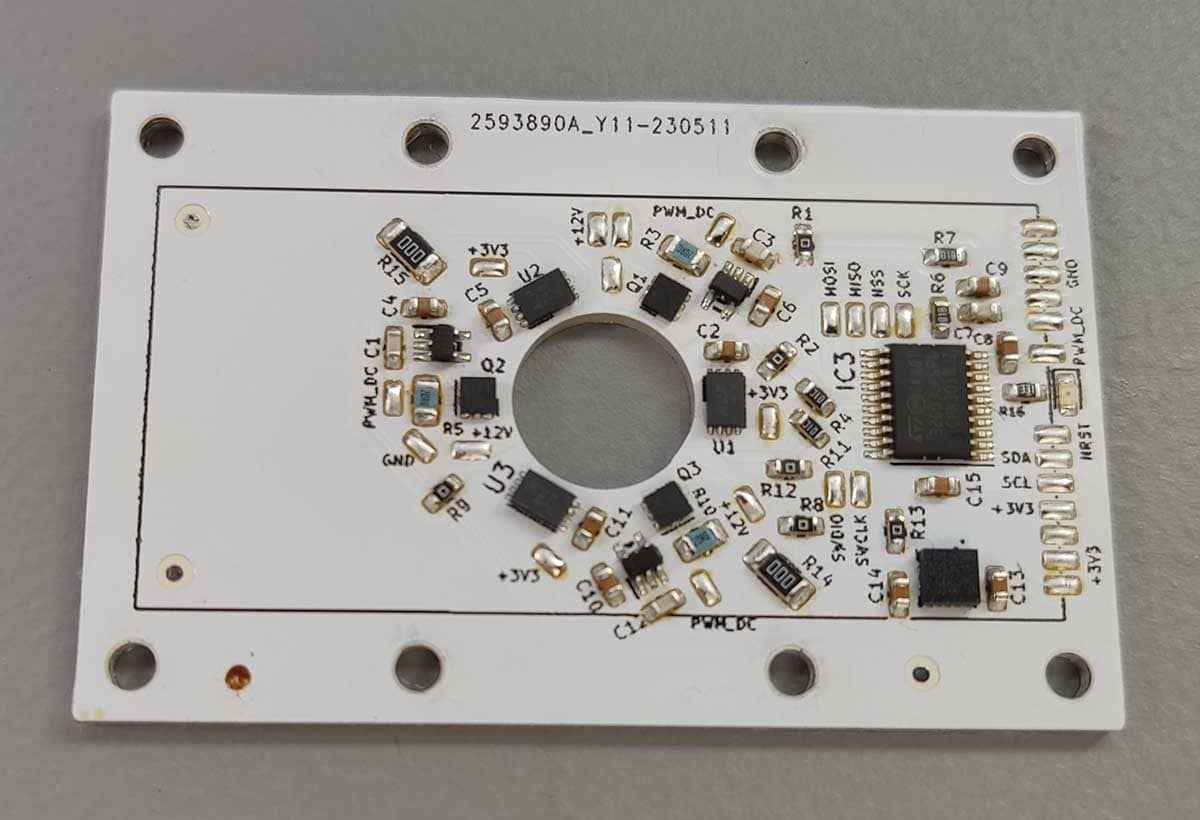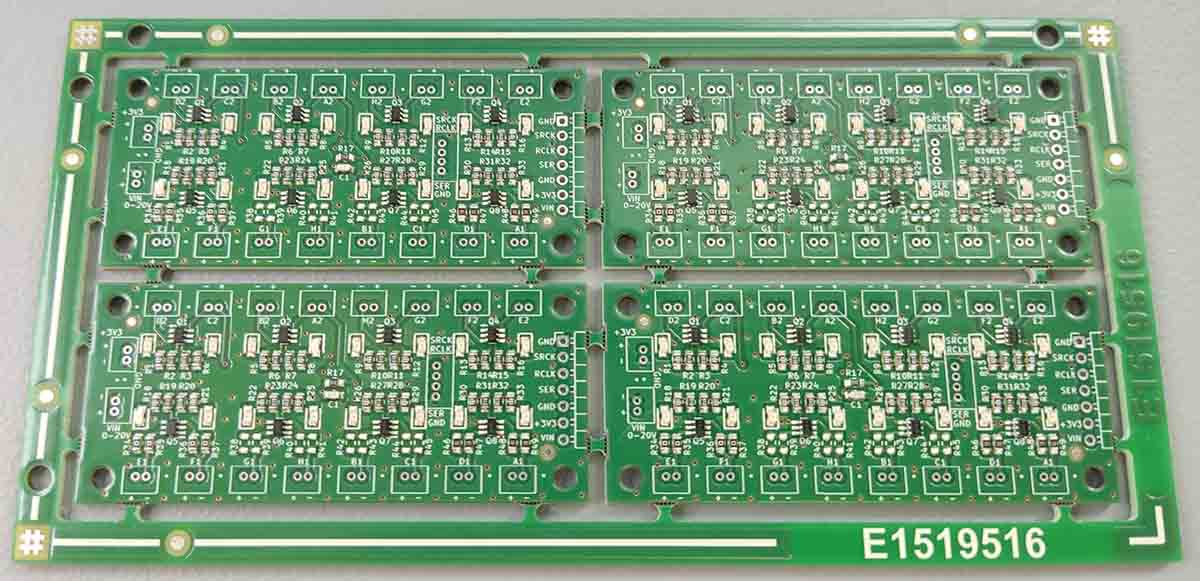WARR Space Labs
About WARR Space Labs
WARR Space Labs is the newest team of WARR e.V. – the Scientific Workgroup for Rocketry and Spaceflight – a student association located at the Technical University of Munich (TUM) dedicated to creating the next generation of spaceflight engineers and scientists. The goal of the space labs team is to develop, build and perform experiments in microgravity.
Our last experiment ADDONISS (Ageing and Degenerative Diseases of Neurons on the ISS) was sent to the International Space Station ISS in March of 2023, as part of the Überflieger 2 competition, organised by the Germany Space Agency DLR and the Luxembourg Space Agency LSA. Its goal was to study neurons and the electrical signals they express autonomously aboard the ISS in microgravity in a 2U cube, whilst keeping the cells alive and monitoring them via a mini microscope. Additionally, β-Amyloid, a hallmark of Alzheimer’s disease, was added to the nutrient medium in order to observe any changes in the cell’s electrical signals.
Project Rocketlabs – A collaboration between two WARR teams
With our newest Project “Rocketlabs”, we will develop a payload for WARR – rocketry’s Project Nixus. A student built, single stage, bi-liquid sounding rocket set to compete at the European Rocketry Challenge (EuRoC) in Portugal in October of 2023.
Our payload will build upon our ISS experiment ADDONISS and will test new and improved iterations of components and new concepts. We will also get the chance to operate our system during the rockets ascend phase, something we were not able to do with our ISS experiment ADDONISS, enabling us to further test our system and its components. Unlike ADDONISS the payload will not include any living cells, as we are currently in the process of improving the experiment setup itself, a process better validated by sensors rather than cells.
Cooperation with Eurocircuits
Many of our improvements require improved or newly developed PCBs, which is why we are very happy for the support of Eurocircuits. With their help we were not only able to receive high quality PCBs for our payload, but we were also able to receive them very quickly, as they are manufactured in Germany. So far, the following PCBs have been manufactured and sent to us by Eurocircuits:
MEA Signal Generator
As there will be no living cells on this payload, but we still want to be able to test our cell signal readout system, we have developed a small signal generator, that can be placed in between the Micro-Electrode-Arrays (MEAs), where our cells would usually be located, and the readout board, measuring the signals generated by the cells. This enables us to test our new readout system, whilst keeping the MEAs themselves in our system to perform tests with the fluid system.
Heating PCBs
Heating is an essential element of our cell live support system, as they need to be kept at 37° Celsius constantly. In ADDONISS we achieved this by placing copper plates connected to heat pads underneath each MEA, controlled via a Raspberry Pi.
For this new iteration we will use Aluminium PCBs, manufactured by Eurocircuits, that will form the base of each MEA performing heating and temperature control all in one single compact package.
Fluid Control Board
Our improved fluid system will be the focus of project Rocketlabs. As our protein β-Amyloid is not stable in solution we needed to develop a one-time addition of a solid into our closed loop fluid system for our ISS experiment. With Rocketlabs we want to take the idea of solid addition into closed loop fluid systems one step further by being able to complete multiple additions. This could enable future microgravity research, with proteins or medication that cannot stay stable in solution for lengthy periods of time. Our system could enable the in-Orbit addition of these substances. The Fluid Control Board will control all pumps and valves needed for this operation. It does include LEDs, to perform software tests, even if the pumps or valves themselves are not connected.

